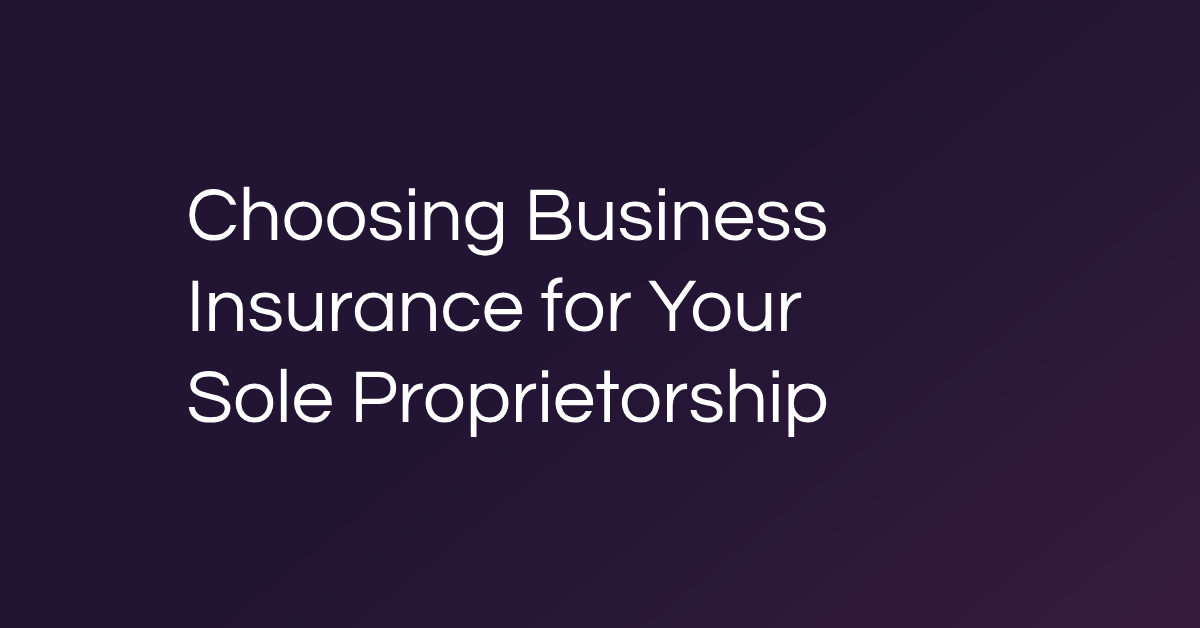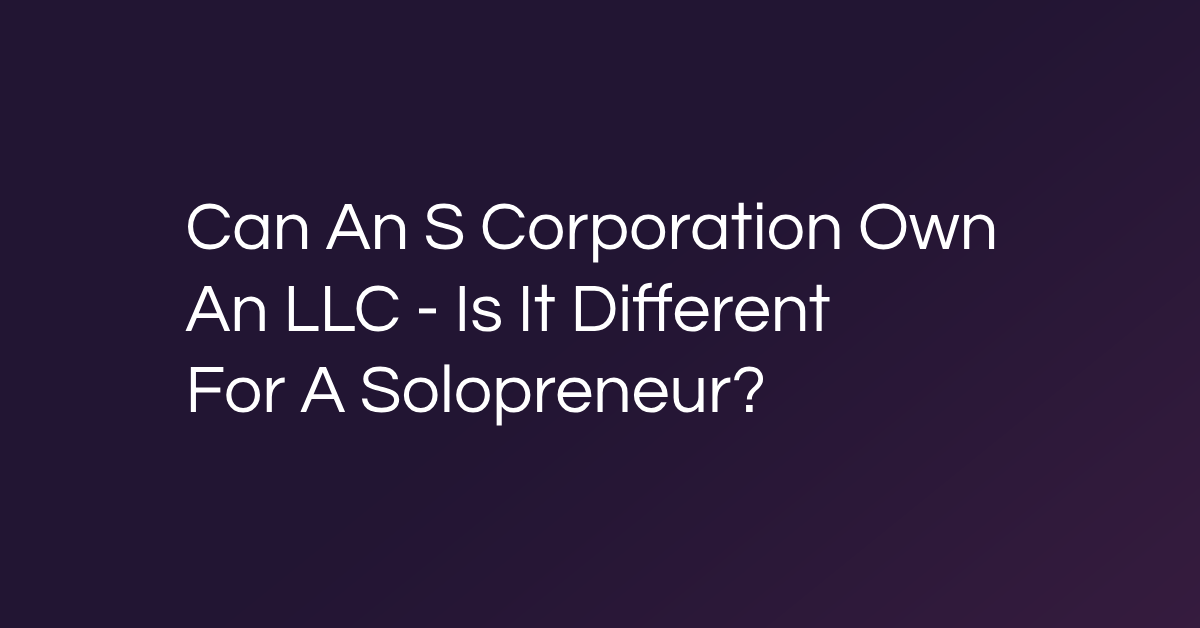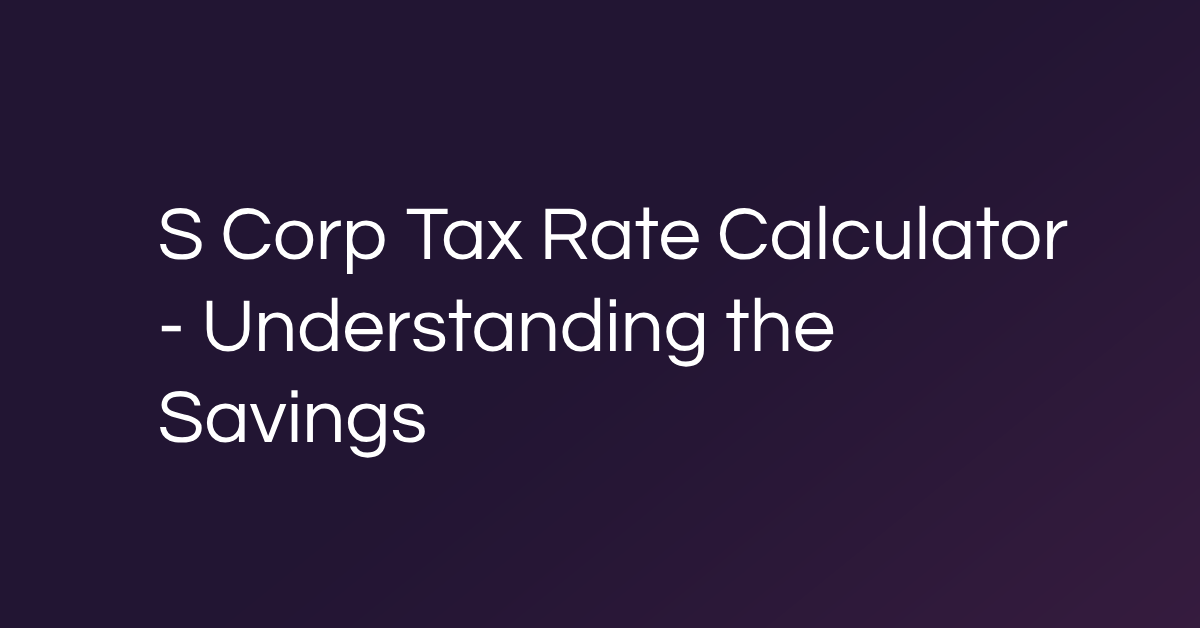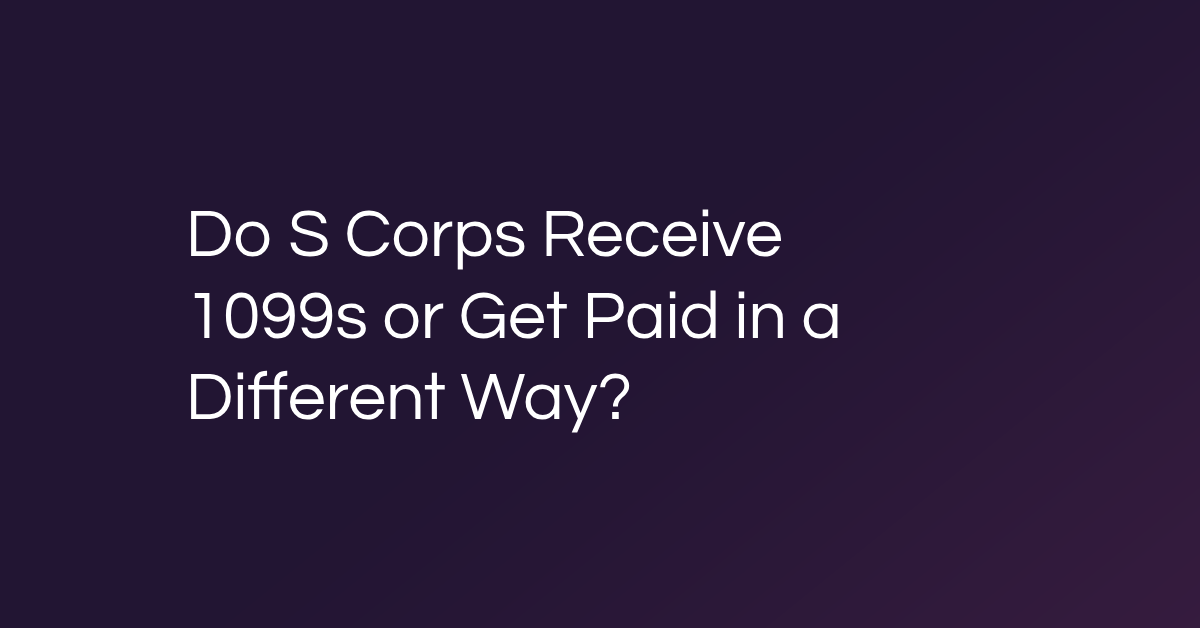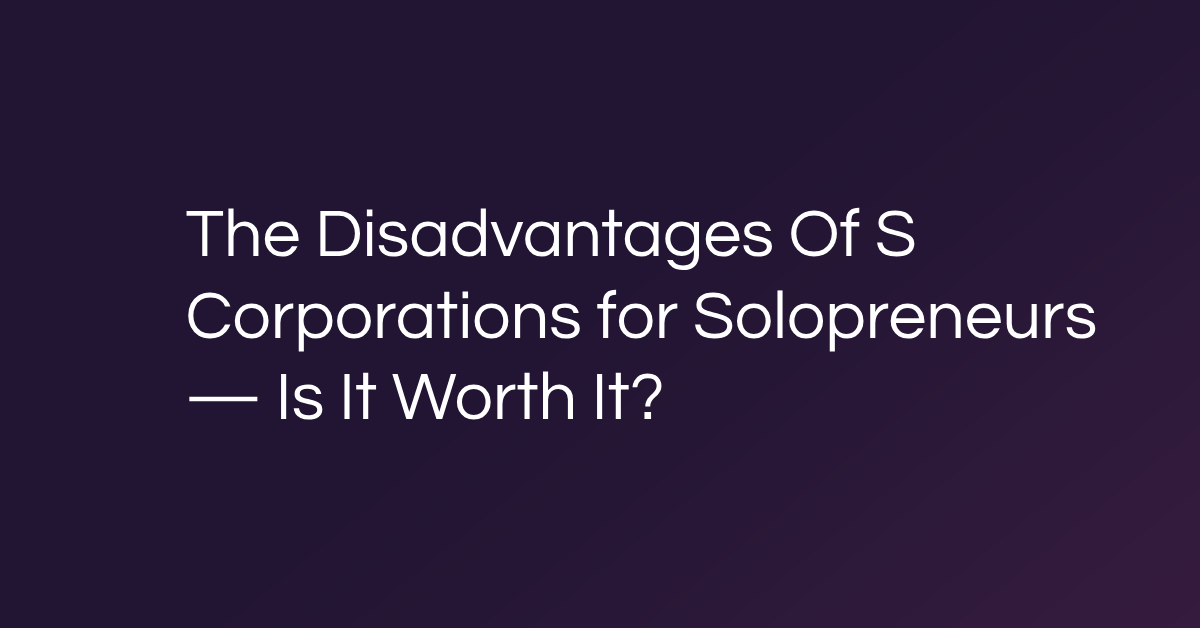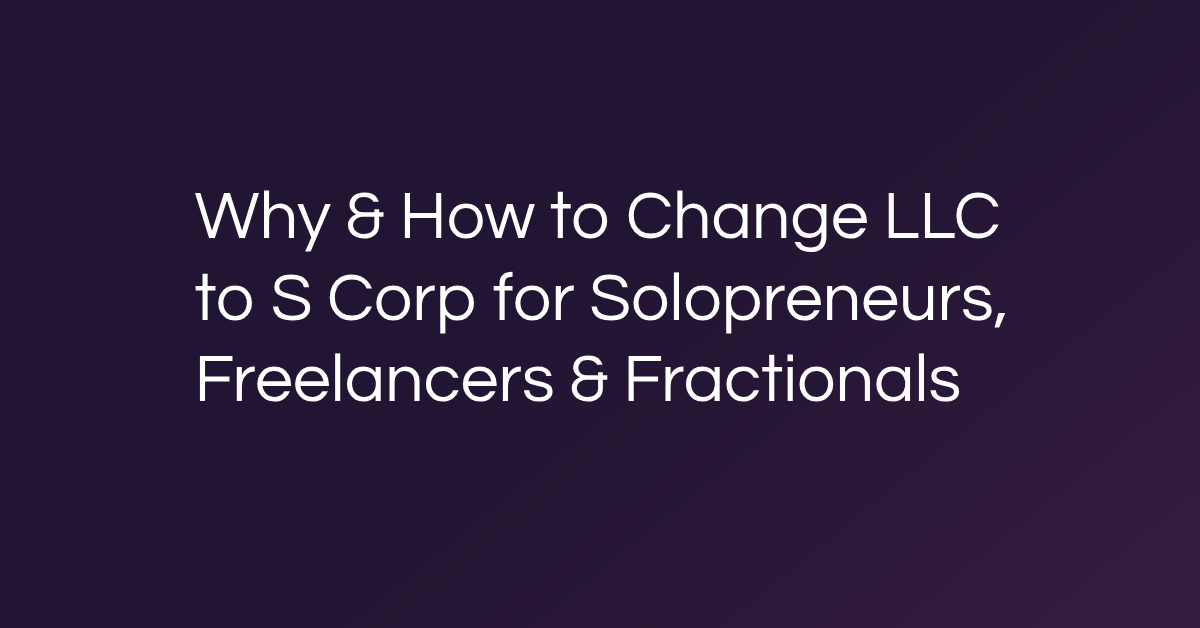Running a business as a sole proprietor comes with financial risks. Unlike incorporated businesses, like LLCs or S Corps, sole proprietors are personally responsible for debts, lawsuits, and other liabilities. Without business insurance, an unexpected client dispute, property damage claim, or legal issue could put personal assets at risk.
Securing the right insurance coverage reduces financial exposure for individuals transitioning into self-employment while meeting client requirements and legal obligations. Combining business insurance with an LLC offers greater liability protection, financial stability, and long-term business growth.
Do I need business insurance for sole proprietors?
Sole proprietors take full responsibility for their business’s financial and legal risks. Unlike LLCs, there is no separation between business and personal finances, meaning liability extends to personal assets. Business insurance helps shield against these risks by covering legal costs, property damage, and client disputes.
Even small, service-based businesses can encounter claims related to contract issues, negligence, or accidents. In some industries, carrying insurance is necessary to work with clients or comply with state regulations. Without coverage, unexpected legal or financial challenges could disrupt operations.
Sole proprietors can operate confidently by securing insurance, knowing they have protection against potential liabilities. It’s a smart way to minimize risk and maintain financial stability.
Essential liability insurance for sole proprietors
Different types of business insurance offer protection against various risks. Sole proprietors should consider policies that safeguard their business from financial losses, legal disputes, and unexpected setbacks. The right coverage depends on industry requirements, risk exposure, and client expectations.
General liability for sole proprietorships
General liability insurance covers third-party risks such as bodily injury, property damage, and advertising-related claims. For example, a client slips and falls during a meeting at your workspace or alleges that your marketing materials caused reputational harm. This coverage helps cover legal costs and settlements.
Many clients require sole proprietors to carry general liability insurance before signing a contract. Without it, business owners could face costly legal fees and out-of-pocket expenses for property damage claims.
Errors and omissions insurance for sole proprietors
Errors and omissions (E&O) insurance, also known as professional liability insurance, protects service-based businesses against claims of mistakes, missed deadlines, or inadequate work. Consultants, financial advisors, and creative professionals often need E&O coverage to prevent legal costs from contract disputes.
For example, if a client believes an oversight in your work resulted in financial loss, they may file a claim. E&O insurance helps cover legal fees, settlements, and other related expenses, reducing financial strain.
Sole proprietor workers’ comp
Sole proprietors without employees may not be required to carry workers’ compensation insurance, but some states mandate coverage for independent contractors or specific industries. This policy covers medical expenses and lost income if a work-related injury occurs.
Even self-employed professionals in lower-risk fields, like consulting or graphic design, may want coverage to avoid financial strain from unexpected medical costs. Some clients also require proof of workers’ comp coverage before allowing contractors to work on-site.
Additional business insurance for sole proprietors
Beyond general liability and professional coverage, additional policies can help protect against industry-specific risks.
- Property insurance: Protects business equipment, tools, and office spaces from damage or theft. Home-based business owners should check whether their homeowner’s policy covers work-related assets.
- Cyber liability insurance: Covers financial losses related to data breaches, cyberattacks, and client information leaks. This coverage is crucial for businesses handling sensitive data or operating online.
- Business interruption insurance: Helps cover lost income if an event like a fire or natural disaster temporarily halts business operations. Service-based professionals relying on specific tools or locations benefit from this protection.
Assessing potential risks and industry requirements can help determine the most beneficial insurance policies. Combining multiple coverages ensures comprehensive protection against financial setbacks.
The cost of liability insurance for sole proprietors
Several factors influence the cost of liability insurance for sole proprietors. Premiums vary based on industry, business size, coverage limits, and risk exposure. A consultant or writer may pay significantly less for coverage than a construction contractor or a business providing physical services.
Policy type also affects pricing. General liability insurance tends to be more affordable, while specialized policies, such as E&O or cyber liability insurance, can be more expensive due to their focused coverage. Business owners who work with high-risk clients or handle sensitive data may require more extensive coverage, increasing costs.
Sole proprietors can estimate their insurance expenses by comparing quotes from multiple providers and considering bundled coverage options. Many insurers offer package policies that combine various types of coverage at a discounted rate. Regularly reviewing coverage needs helps business owners stay protected without overpaying for unnecessary policies.
For sole proprietors looking to strengthen their legal and financial protections, forming an LLC can provide an added layer of liability protection, reducing personal risk while keeping business operations flexible.
LLC vs sole proprietorship: protecting personal assets
One of the biggest differences between a limited liability company (LLC) and a sole proprietorship is personal asset protection. A sole proprietorship offers no legal separation between business and personal finances, meaning the owner is personally responsible for any debts, lawsuits, or claims against the company. If a client sues, personal assets such as a home, car, or savings account could be at risk.
Forming an LLC helps shield personal assets from business liabilities. In an LLC, the company operates as a separate legal entity, reducing personal exposure to financial and legal risks. This distinction makes it a popular choice for freelancers and small business owners looking for an extra layer of protection.
While business insurance provides financial security in case of claims, combining it with an LLC creates a more comprehensive safety net. Solopreneurs exploring the next step can also consider structuring their business as an S-Corp for additional tax advantages while maintaining liability protection.
Take the next step toward business protection with Besolo
The right insurance coverage helps shield a sole proprietorship from financial losses and legal risks. General liability, professional liability, and workers’ compensation policies provide critical protection against unexpected claims and expenses, allowing business owners to operate with confidence. Besolo makes it easy to set up an LLC and S corporation, manage business finances, and integrate essential tools for long-term success. Take the next step toward securing your business, become a member today!

